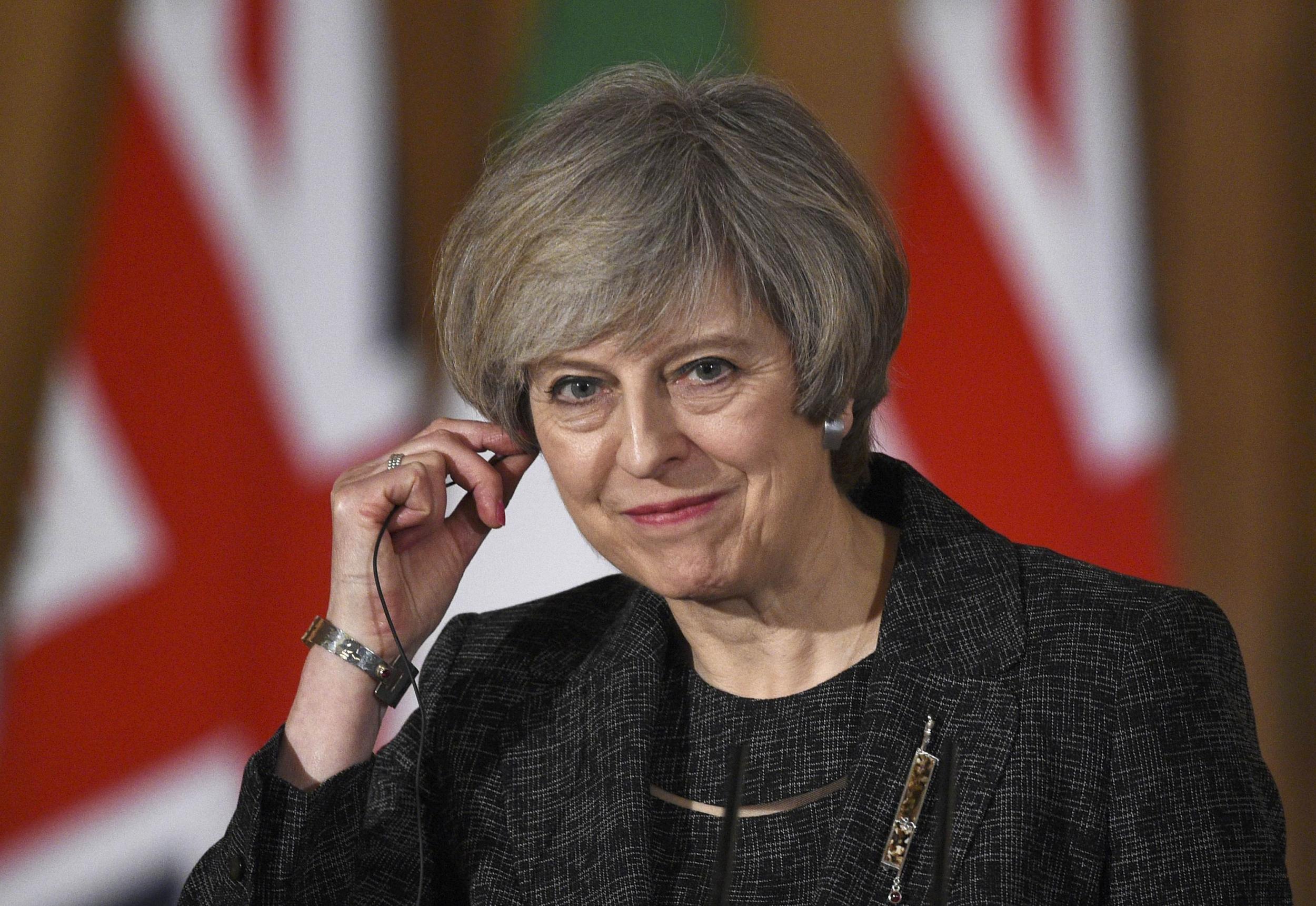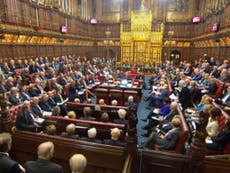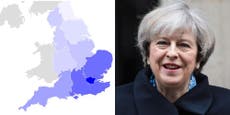How many prominent politicians need to raise concerns about Brexit before Theresa May listens?
Kenneth Clarke, Tony Blair, Peter Mandelson and John Major have all recently criticised Brexit. The Government needs to start listening


When something feels “not quite right” in the family or at work, we often stop in our tracks. I have had this experience on a daily basis as the post-Brexit debate has got under way. And now the heavyweight politicians who oppose Brexit have increased my unease.
Kenneth Clarke started the process with a tour de force speech in the House of Commons on 30 January. Then Tony Blair gave a well-argued lecture on 17 February followed by Peter Mandelson with a piece for The Independent on 20 February. Finally former Prime Minister John Major devoted a Chatham House address to Brexit on 27 February.
It looks as if they had co-ordinated what amounted to an onslaught, but I don’t think so. Instead I think we had reached the “enough is enough” point in the process. I take the four seriously because they have enormous experience of politics and government at the highest level. In his long career, for instance, Clarke has been Chancellor of the Exchequer, Home Secretary, Justice Secretary, Education Secretary and Health Secretary.
Nonetheless those who argue in favour of leaving the European Union at all costs – and swiftly – dismissed them as “has beens” and sore losers with no right to speak. Both Blair and Major had something to say about this.
Blair: “We do not argue for Britain in Europe because we are citizens of nowhere. We argue for it precisely because we are proud citizens of our country – Britain – who believe that in the 21st century, we should maintain our partnership with the biggest political union and largest commercial market on our doorstep”. Major: “This 48 per cent [who voted to remain] care no less for our country than the 52 per cent who voted to leave. They are every bit as patriotic. But they take a different view of Britain’s future role in the world, and are deeply worried for themselves, for their families, and for our country”.
This is one of a number of “not quite right” happenings. Until now it has been unusual for one side of a political argument to accuse the other of a lack of patriotism. I don’t recall a similar case.
Then there are the contradictions. These are usually a warning. But how to assess them when we are dealing with politicians? For politicians’ statements are essentially popularity seeking. As a result, as soon as the public mood or the party mood shifts, politicians make a parallel adjustment in their discourse. Thus it is the easiest thing in the world to find contradictions in way politicians address us. The question becomes whether the politicians’ contradictions to which the four heavyweights draw our attention were, so to speak, “normal” or outside the usual bounds.
Both Clarke and Blair pointed out that the two great achievements of British diplomacy of the last decades in Europe, supported by Governments both Labour and Conservative – namely the single market and European enlargement – are now apparently, said Blair, “the two things we most regret and want to rid ourselves of”. Clarke emphasised that it was the Thatcher government that led the way in the creation of the single market because it understood that regulatory barriers matter more than tariffs in the modern world and wanted to be rid of them.
Then as Major remarked in his speech, to win the referendum, the Leave enthusiasts asserted the sovereignty of our own Parliament: “now, they speak and vote to deny that same Parliament any meaningful role in shaping, in overseeing, or in approving the outcome of our negotiations in Europe”. And Blair noted that nine months ago both May and the Chancellor were telling us that leaving would be bad for the country, its economy, its security and its place in the world. Today it is apparently a “once-in-a-generation opportunity” for greatness.
Actually I would judge these contradictions as substantial. They are so blatant that they are a further cause for concern. What to do? The heavyweights have two suggestions for the Prime Minister. Major said May ought to get ready to take on the fierce eurosceptics. ‘“At some time, she will have to face down those who favour total disengagement – and who have never accepted our role within Europe”. And Mandelson added that the Prime Minister ought to make friends with those with whom we will negotiate. “We are told by people who know her that Theresa May ‘doesn’t do’ relationships. Fine, but it’s the whole country’s future she has in her hands”. That is exactly the point.



Join our commenting forum
Join thought-provoking conversations, follow other Independent readers and see their replies